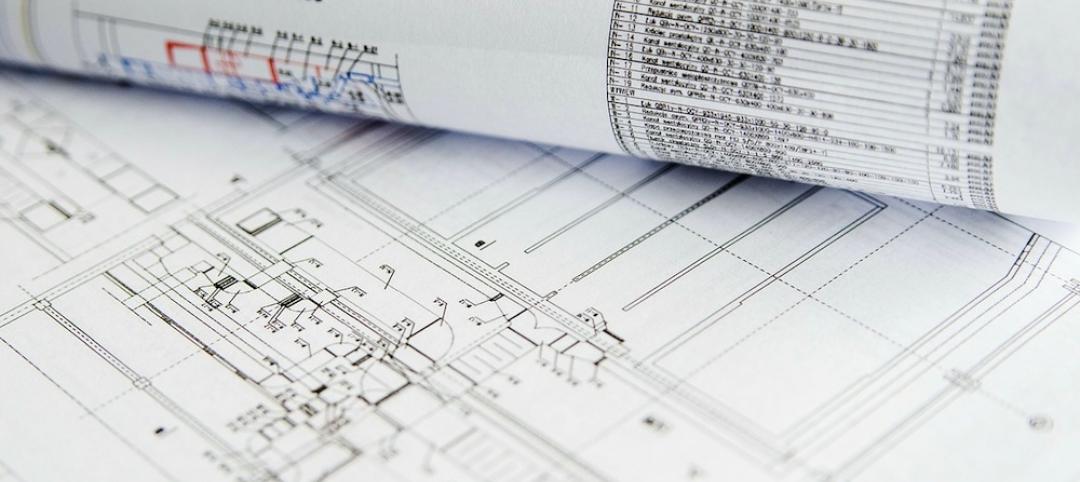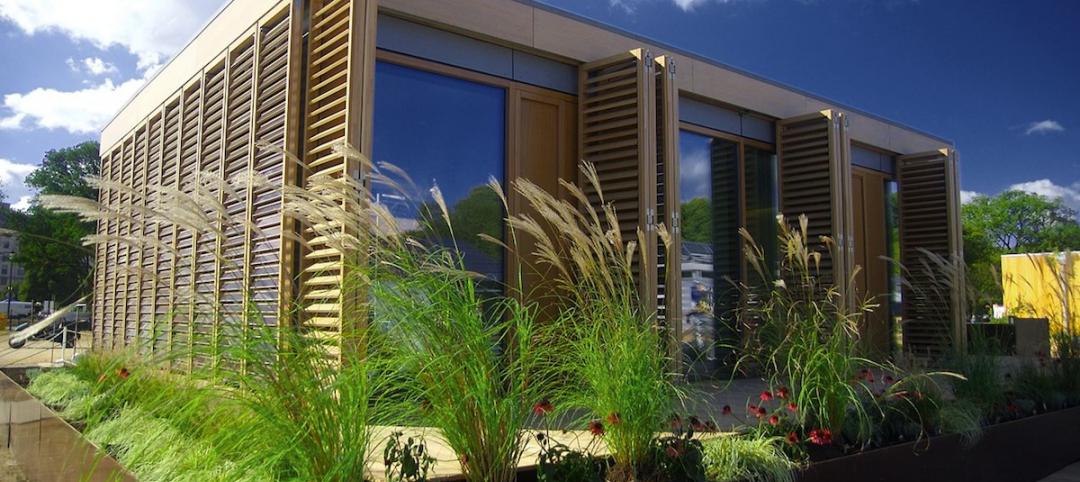The Solar Energy Industries Association (SEIA) is launching a 501(c)3 non-profit organization to accelerate the transition to carbon-free electricity.
The Solar and Storage Industries Institute (SI2) will be SEIA’s charitable and educational arm, with the goal of using research, public education initiatives, and policymaker engagement to remove barriers to clean energy deployment. The organization will focus on issues such as “land use concerns, antiquated rate designs, workforce development and environmental justice, and interconnection roadblocks, all in an effort to combat climate change and create a more equitable clean energy economy,” according to a SEIA news release.
The first research project will develop best practices and other resources for solar companies looking to create large-scale solar projects. Siting clean energy projects requires community engagement and long-term planning that minimizes impact to the environment and surrounding community, the release says.
These projects must also account for access to transmission lines, upgrades to grid infrastructure, and several other factors that can affect the outcome of a large-scale solar project. Solar energy accounts for roughly 4% of U.S. electricity generation today, SEIA says. If solar energy reaches 30% of U.S. electricity generation by 2030, electricity sector emissions would be cut in half.
Related Stories
Codes and Standards | Jul 31, 2015
AIA, International Code Council reach collaborative agreement on building codes
The deal covers a wide range of initiatives, including code development, compliance, and sustainability.
Codes and Standards | Jul 31, 2015
Report offers urban design recommendations for healthier cities, fewer traffic fatalities
Provides concepts for creating safer streets
Codes and Standards | Jul 31, 2015
2015 gypsum fire resistance design manual released
The 2015 edition contains nearly 100 new systems that supplement existing assemblies for walls and partitions, floor-ceiling systems, area separation walls, and many others.
Codes and Standards | Jul 27, 2015
New York City changing zoning rules to reduce shadows cast by high rises
For decades, the New York City’s zoning rules have made it hard to construct high-rise buildings that seem airy and minimize the shadows they cast. The city planning department is now working to change that.
Codes and Standards | Jul 27, 2015
ICC, ASHRAE outline roles to consolidate IgCC and 189.1
"IgCC Powered by 189.1” will provide the design and construction industry with “the single, most-effective way to deliver sustainable, resilient, high-performance buildings," according to the trade groups behind the agreement.
Codes and Standards | Jul 27, 2015
Tennessee county considers local worker requirement on construction projects
A proposed amendment to the charter governing Nashville and Davidson County would mandate that 40% of work hours on city- or county-funded construction jobs costing at least $100,000 be completed by residents.
Codes and Standards | Jul 27, 2015
New guide for installation of mineral fiber pipe insulation on chilled water systems
Developed for professional insulation contractors, the 36-page guide recommends methods for insulating chilled water piping systems using a vapor-sealed mineral fiber pipe insulation.
Green | Jul 23, 2015
NASA: U.S. headed for worst droughts in a millennium
Data from NASA shows carbon emissions could be the driving force behind devastating water shortages and record droughts in the western U.S.
Multifamily Housing | Jul 16, 2015
Minneapolis relaxes parking requirements on new multifamily buildings
The city cut the number of spots required for large developments by half. It also will accept plans with no parking spaces in certain cases.
Codes and Standards | Jul 16, 2015
Berkeley, Calif., adopts balcony inspection program following deadly collapse
Apartment building balconies will be subject to inspections every three years under new regulations adopted following a deadly collapse.















